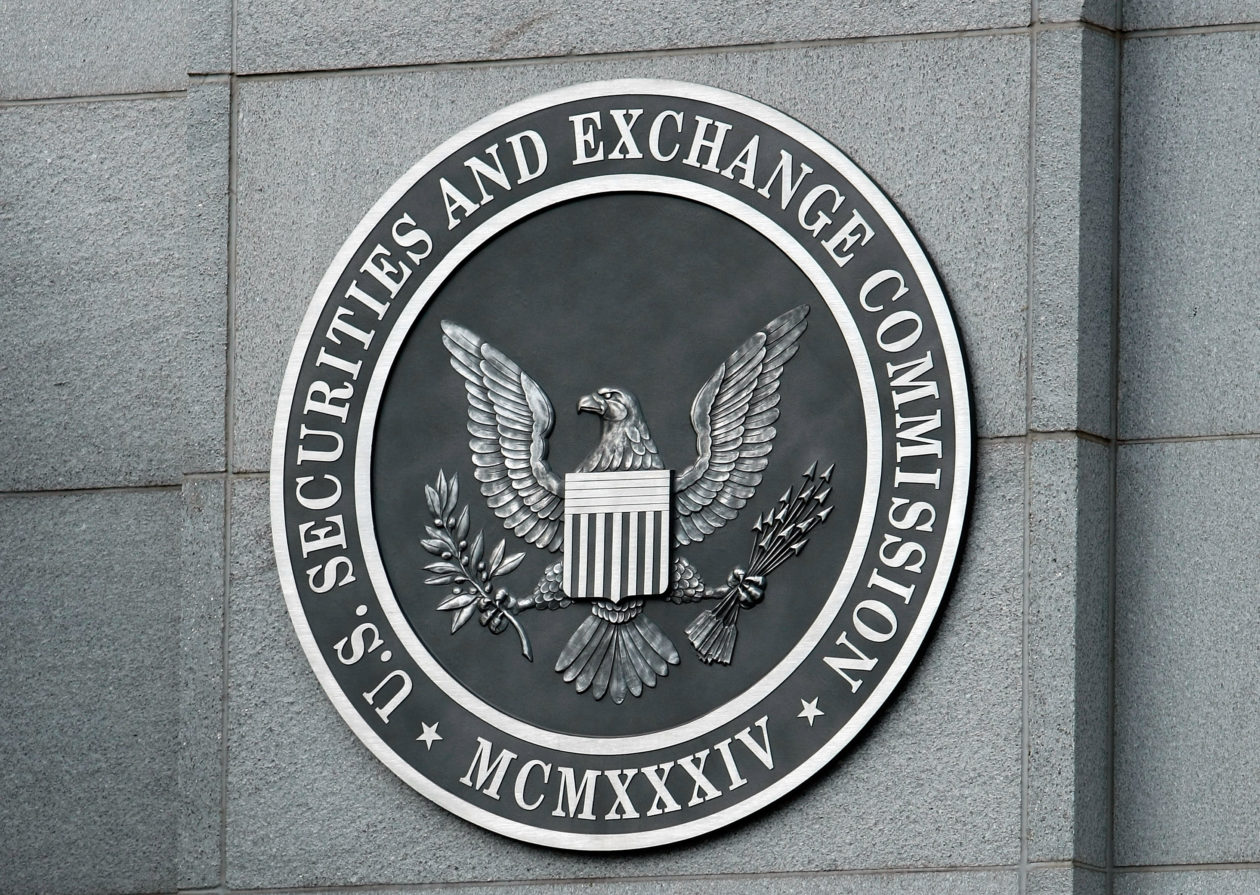Terraform Labs Pte. Ltd. and chief executive officer Kwon Do-hyung, widely known as Do Kwon, on Wednesday lost an appeal to impede an investigation from the Securities and Exchange Commission (SEC) regarding possible violations of federal securities laws related to Mirror Protocol, a blockchain technology.
The U.S. Court of Appeals for the Second Circuit agreed with the U.S. District Court for the Southern District of New York’s order granting the Securities and Exchange Commission’s application requiring compliance with investigative subpoenas for documents from the company and Kwon, and testimony from the latter.
The order, acknowledging the jurisdiction for a U.S. agency over a Singaporean company and a South Korean citizen, with respect to blockchain technology marks an increasingly global reach sought by authorities when it comes to digital assets. In May, a Singaporean court placed a proprietary injunction on a non-fungible token that is enforceable globally.
Compared to the Singaporean legal institution’s ability to enforce its order, U.S. agencies have wide cooperation agreements with authorities worldwide with America’s central role in the global financial system granting it outsized privileges in law enforcement.
See related article: Winning back the trust of the Terra community a tall order for Do Kwon: Experts
The subpoenas, first served to Kwon last September in New York, were part of the SEC’s investigation into whether the two violated federal securities laws in their participation in creating and offering to sell various digital assets related to Terraform’s decentralized finance (DeFi) service. The Mirror Protocol offered investors cryptocurrencies that mirror the price of U.S. stocks such as Amazon or Google.
Terraform Labs and Do Kwon said that the SEC did not follow proper procedures in serving the subpoena and neither did the U.S. markets regulator have sufficient jurisdiction over them. The appeals court rejected that argument.
“Appellants purposefully availed themselves of the U.S. by promoting the digital assets at issue in the SEC’s investigation to U.S.-based consumers and investors,” the circuit judges said in their order.
Terraform Labs had seven “purposeful and extensive” contacts — promoting the Mirror Protocol tokens to the investors based in the country, retaining employees there and entering into agreements with entities based in the U.S.. Also, 15% of Mirror Protocol users were based in the country, according to the order.
See related article: S. Korea finance regulator to audit Terra and related exchanges
The order does not relate to Kwon’s alleged involvement in the multibillion-dollar Terra-LUNA debacle but could potentially expand to within the SEC’s scope given its fallout on U.S. investors.
According to South Korea’s news media JTBC, the SEC had already begun investigating Terraform’s core developers on the collapse, and Kwon, under suspicions of money laundering. Kwon hasn’t responded to Forkast’s previous requests for comments on the matter.
After briefly making his account private, Kwon said via his verified Twitter handle that “we will soon be more proactive in communicating with the press & getting the right information out there.”
South Korean prosecutors are also looking into any possible violations related to Terraform’s Anchor Protocol to determine if Do Kwon and his company fall under charges of fraud following a class action lawsuit filed against them last month, according to numerous local reports. Anchor Protocol promised an annual yield of 19.5% to users who staked their Terra stablecoins.
Since the crash of the stablecoin and the Luna Classic (LUNC) token in early May, Kwon has been focusing on reviving the project by launching a new Terra 2.0 blockchain and LUNA cryptocurrency. Kwon’s ambitious LUNA token is now trading around US$3.07, down from hitting US$19.53 shortly after its release, according to data from CoinMarketCap.





